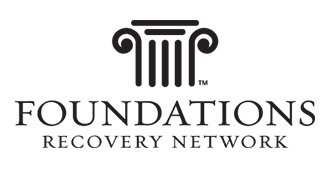Marijuana Recovery Information
Marijuana addiction is an interesting phenomenon in the drug addiction and addiction rehabilitation world because its existence is still debating after decades. We call it an interesting phenomenon because unlike with other illicit and prescription drugs, people, particularly regular marijuana users, still deny this addiction contrary to research and scientific findings, as well as anecdotal information from people who actually suffer from marijuana addiction. Yes, it is very real.
Someone with a heroin addiction is likely to be in denial about their own addiction at some point - that is seen more often than not. However, the existence of heroin addiction will never come into question. Marijuana enjoys the opposite reputation in which users and nonusers alike are in denial that this type of addiction could be real overall, let alone that this could be a problem they face (if they are a marijuana user)l. The National Institute on Drug Abuse reports that 9 percent of marijuana users will develop an addiction to this drug.
The addiction rate among marijuana users may be considerably lower than for alcohol and other addictive substances, but that does not mean that people do not become addicted to marijuana or that it is without consequences. Marijuana withdrawal symptoms include moodiness and irritability, trouble sleeping, a dip in appetite or strong cravings (or both in a cycle), restlessness, and physical discomfort.
When compared to “harder” drugs, marijuana withdrawal and therefore marijuana addiction are not taken seriously. This leads people to make the distinction that marijuana is more psychologically addictive than physically, but healthcare and addiction treatment professionals alike reject this differentiation. The truth is that addiction is a multifaceted problem that has a lot of causes and effects. Addiction is never strictly psychological or physical and a drug’s addictiveness does not depend on where it falls on the mind-body spectrum.
Professional who study and treat addiction want to remind people that addiction is many things - primarily compulsive behavior that deteriorates over time. Many marijuana users can sympathize with fiendish behavior in which the user is stuck on the desire to obtain and use the drug, which interferes with regular life. That is addiction in a nutshell.
The Diagnostic and Statistical Manual of Mental Disorders, Fifth Edition, otherwise known as the DSM-5, is the primarily diagnostic guide used in modern psychology and psychiatry. The manual tells professionals to look for problematic behavior and psychological changes when observing cannabis disorder. Other signs of having a cannabis disorder are not being able to stop using marijuana, and using more of the drug to get the same effect. A big sign of a problem is making personal and professional sacrifices to make time for drug use.






COMMENTS